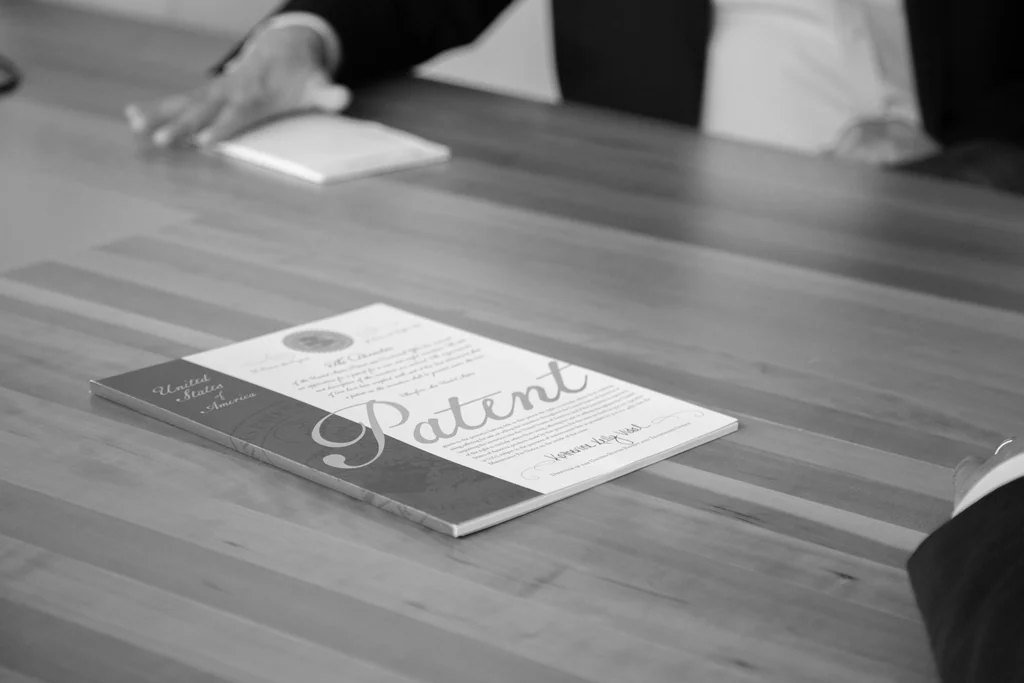When the average person in the street thinks of a patent, they might think of an inventor sitting alone in their garage, dreaming up the next big idea. Or perhaps they might picture the famous scene from “It’s Always Sunny In Philadelphia” where Charlie, one of the main characters, does extensive research to prove a point. While both may be applicable (a single inventor coming up with ideas), often whole teams of people work on an idea, often doing so in the employment of a company that then applies for the patent.
However, advances in technology mean that dreaming up an idea is no longer necessarily the work of humans alone. Artificial intelligence (AI) can now do it too, and its capabilities are only likely to grow.
Earlier this year, a federal court rejected a computer scientist’s request to have certain work patented by an AI machine that he created. Dr. Stephen Thaler listed his AI machine, “DABUS” as the sole inventor on two patents filed at the U.S. Patent and Trademark Office. While the latter of the two patents was granted in South Africa in 2021, the U.S. Federal Court ruled that U.S. patents still needed to be attributable to a human inventor, at least to some degree.
The question is, to what degree?
At present, you cannot patent something that would be obvious to another person of ordinary skill in the art. If the law were to accept that AI systems can be credited as inventors on a patent, then it might have to accept that they can also qualify as a person(s) of ordinary skill in the art.
So now, if you as a human wanted to patent something, it’s possible that you would not only need to show that your human colleagues were unlikely to have come up with it, but that AI systems working in your field were unlikely to either. As these systems have the power to vastly out-think and out-experiment humans, that may be difficult.
The only clear thing is that the future of patent protection is uncertain. As the District Court noted in the earlier stages of the above case: the legislative branch of the U.S. government has the authority to decide how, if at all, the boundaries of patent law may be expanded so that non-human inventors may be listed as the sole inventors on a patent.
And should the legislative branch choose to act — or the courts issue decisions that affect the scope of patent law — the attorneys at Patterson Thuente IP will be in the know. Seek legal advice with one of our experienced IP attorneys to help better understand the scope of the law and the options available.

